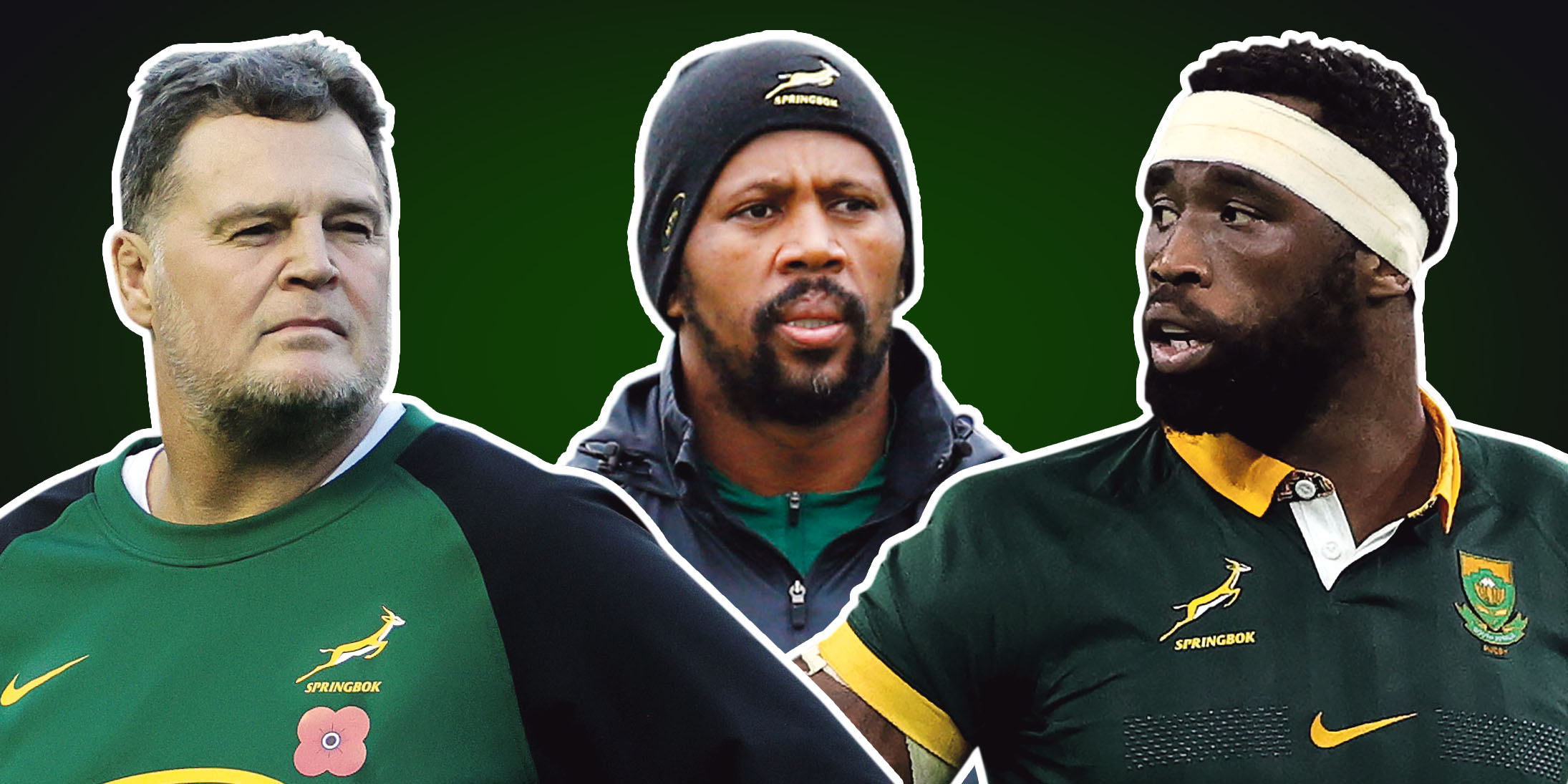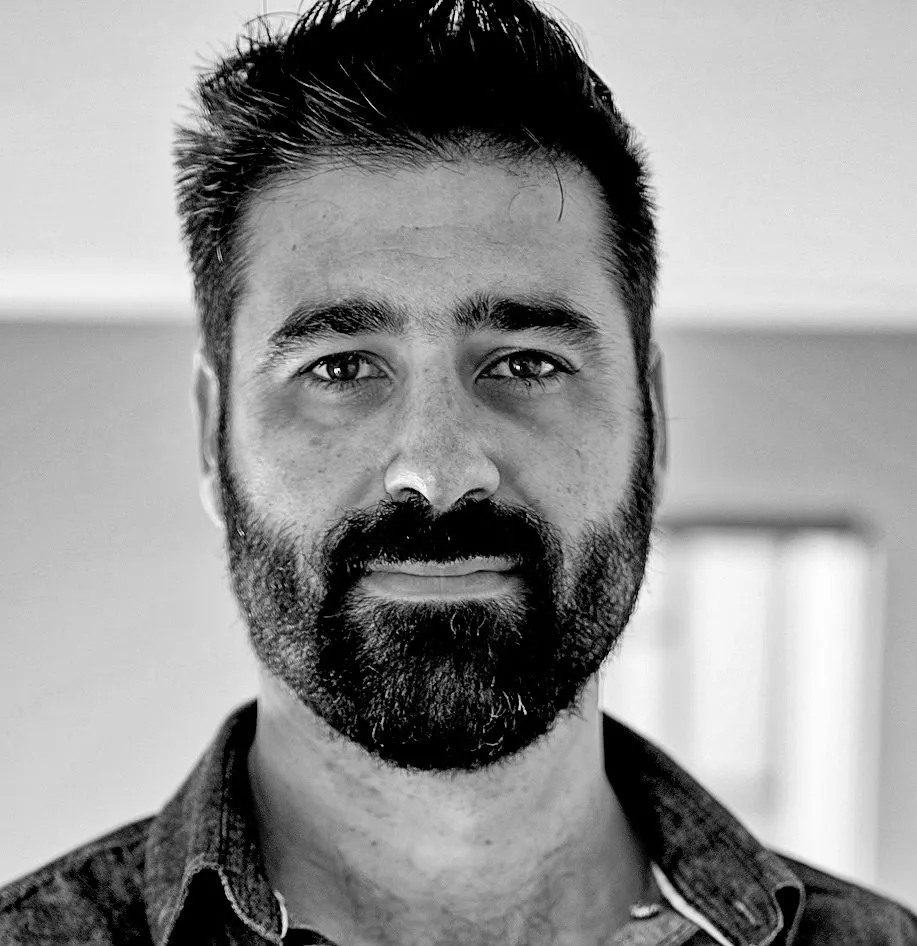Watching the Springboks can feel like those times when sport is much more than just a game. Long after the elation of narrow wins fades, a profound meaning lingers.
Something more than rugby was happening as the Springboks marched to World Cup victories number three and four – a spiritual experience, a collective reckoning with what it means to be South African.
One definition of spirituality that resonates is the profound awareness that we are part of something greater than ourselves. It’s the connection that reminds us, in moments of triumph or despair, that the individual is inseparable from the collective.
When Siya Kolisi leads his team on to the field – smiling, singing and dancing – this unity becomes palpable. He and his Springbok brothers embody the essence that “I am because we are”. Ubuntu.
The Springboks’ fall and rise
The Springboks’ journey is not one of uninterrupted glory. In 2017, we suffered the humiliation of a 57-0 defeat to the All Blacks, our biggest ever loss.
It was another painful reminder for a nation maimed by corruption, economic disparity and the apathy that follows broken promises. Rugby had become another casualty alongside our energy crisis, violent crime epidemic and other social capitulations. The Springboks, like the country they represent, appeared broken.
Yet less than two years later, 13 of the 22 players who walked off the field in shame in New Zealand stood victorious in Japan, lifting the Rugby World Cup and an entire nation with them.
In the build-up to that win, the country was in a dark place. Literally. After 15 years of unfettered corruption and almost daily power cuts, South Africa was a world champion in violent crime, corruption and propping up last place in global maths tests.
Rassie Erasmus, in one of his motivational talks, reminded the team that playing for South Africa is about more than just rugby: “The Springboks are the only thing that works in our country.”
His mantra was simple yet profound: being a Springbok is not a right; it’s an act of service. To serve is to recognise the connection that flows through the universe – the magic that happens when we selflessly act for the betterment of others. Personalising jerseys with family members’ names and asking players to imagine defending the line for their children were ingenious ways to channel the power of connection.
Leadership and transformation
How did this reformation occur? The answer, like most other turnaround stories, lies in leadership.
Unlikely heroes from the Eastern Cape stepped forward from the poverty-stricken township of Zwide and the blue-collar enclave of Despatch. This struggling province gave us our unifying captain, Siya Kolisi, and visionary coach, Erasmus. Together with another Eastern Cape homie, Mzwandile Stick, and other coaches, they represent more than tactical brilliance; they symbolise the transformative power of inclusion.
Transformation in rugby was once a polarising concept. For a long time, it was dismissed by white administrators and fans as a tick-box exercise that diluted the team. Black players were often thrust into positions never feeling truly welcomed or supported. For South Africa to achieve its rugby-playing potential, another chasm had to be crossed: the haemorrhaging of black talent – particularly in the transition from schoolboy rugby to professional ranks – had to stop.
Before becoming director of rugby, Erasmus helped to engineer a system that mentors and supports promising black players, increasing their chances of sustained professional careers. He recognised that rugby required structures and support from the earliest stages when exceptional talent was on display.
With this in place, the Springboks now serve as the ultimate example of what’s possible when we unleash the full breadth of South Africa’s talent, rather than limiting it to the privileged classes.
The new Springboks
Together, the members of this crew are more than coaches or captain; they redefine what South African rugby could mean and what is achievable.
Back-to-back World Cups, a record fourth title and now the tantalising possibility of a third consecutive win. As individuals, none is perfect. But as a leadership team, they strive for and flirt with perfection.
Although the main thing remains winning, the Springboks’ story is also about changing perceptions and creating new possibilities. Despite only two losses by a single point in 2024, winning the Rugby Championship and going unbeaten on an end-of-year UK tour, the international season was not our best. Mostly because the Springboks are no longer happy to be the best team in the world, they want to be the best two teams in the world – testing out 51 different players in a single year and narrowly missing out on 13 international victories.
But against Argentina in Mbombela, they plugged into the rugby matrix, delivering a seven-try rout against a team enjoying its best-ever season. It was a glimpse of the Springboks at their peak, a symbol of what can happen when talent and strategy align.
For decades, the green-and-gold jersey was a symbol of exclusion and privilege, synonymous with aggression and oppression pushing hordes of supporters to choose the All Blacks over their home country. Today, it represents something entirely different and many of those fans are lining up in South African colours.
It’s a testament that a nation can confront its painful past and reshape its future. Watching the Boks, we’re reminded of what we can be – a place where excellence is nurtured, diversity gives us an edge and leadership is more than a corporate buzzword.
What they mean for South Africa
Before each game, there’s a prayer, an anthem and a promise: that we are connected and better in service of others. Post-match, win or lose, the Springboks walk the stadium, thanking fans who’ve spent time and money to support them. Gratitude permeates their speeches and actions.
The Boks are an invitation to all South Africans to find joy in the struggle and pride in the collective. Their resilience lifts us. It tells us that, yes, we are broken and have suffered in many ways, but we are not beyond repair. By tapping into our strengths – our people, our stories, our will – we can create something extraordinary.
Despite the failings of political leadership and the scourge of corruption, the Springboks remind us of what we’re capable of. Even the most broken ship can be turned around. Now we have our own example to add to the history books. They prove that South Africa’s greatest potential lies not in its institutions, but in its people who power those institutions.
Perhaps that’s why watching them feels spiritual. It’s a reminder that we are connected – to one another, to a shared history of pain and resilience, and the possibility of a powerful future. DM
This story first appeared in our weekly Daily Maverick 168 newspaper, which is available countrywide for R35.






